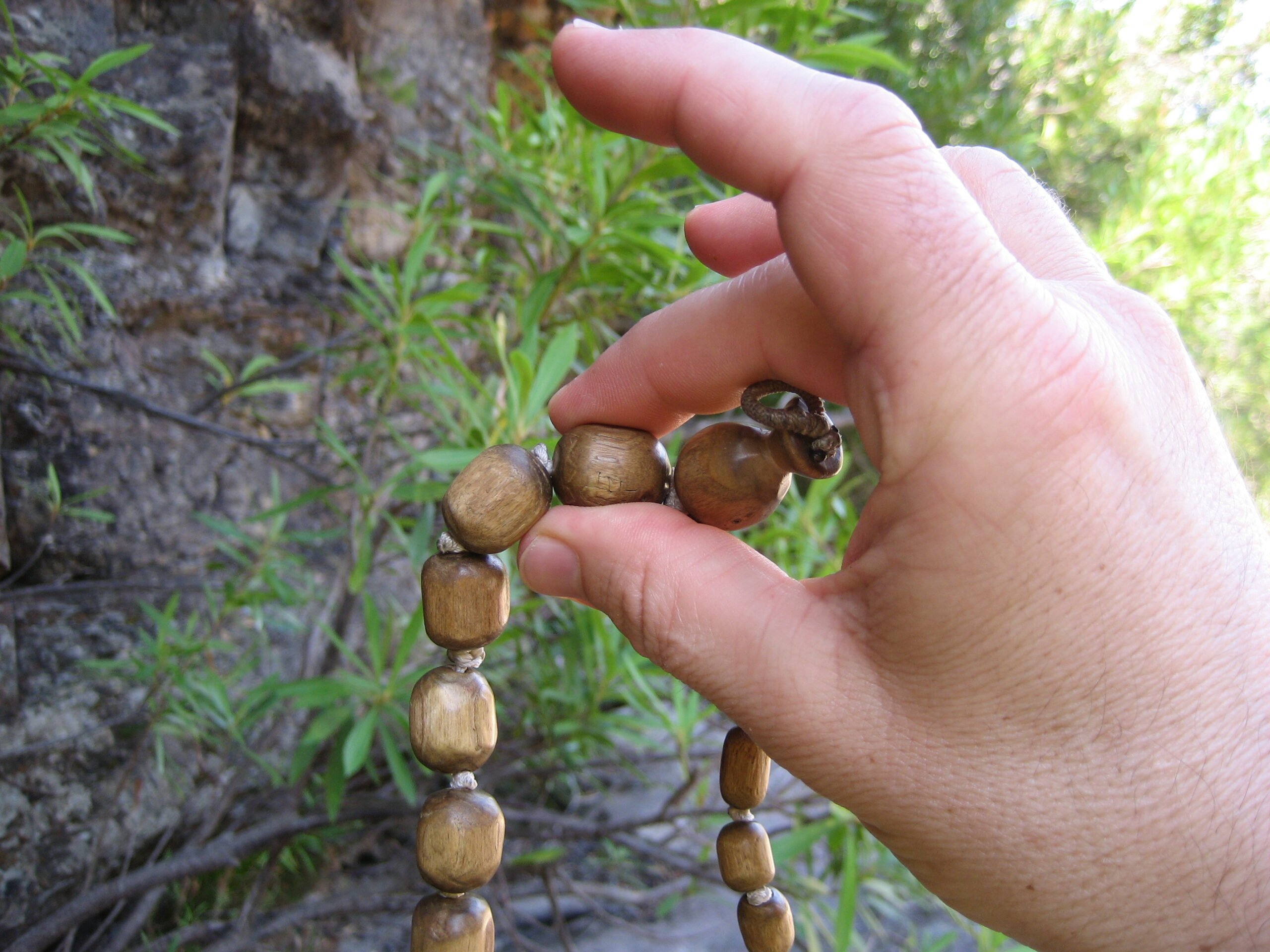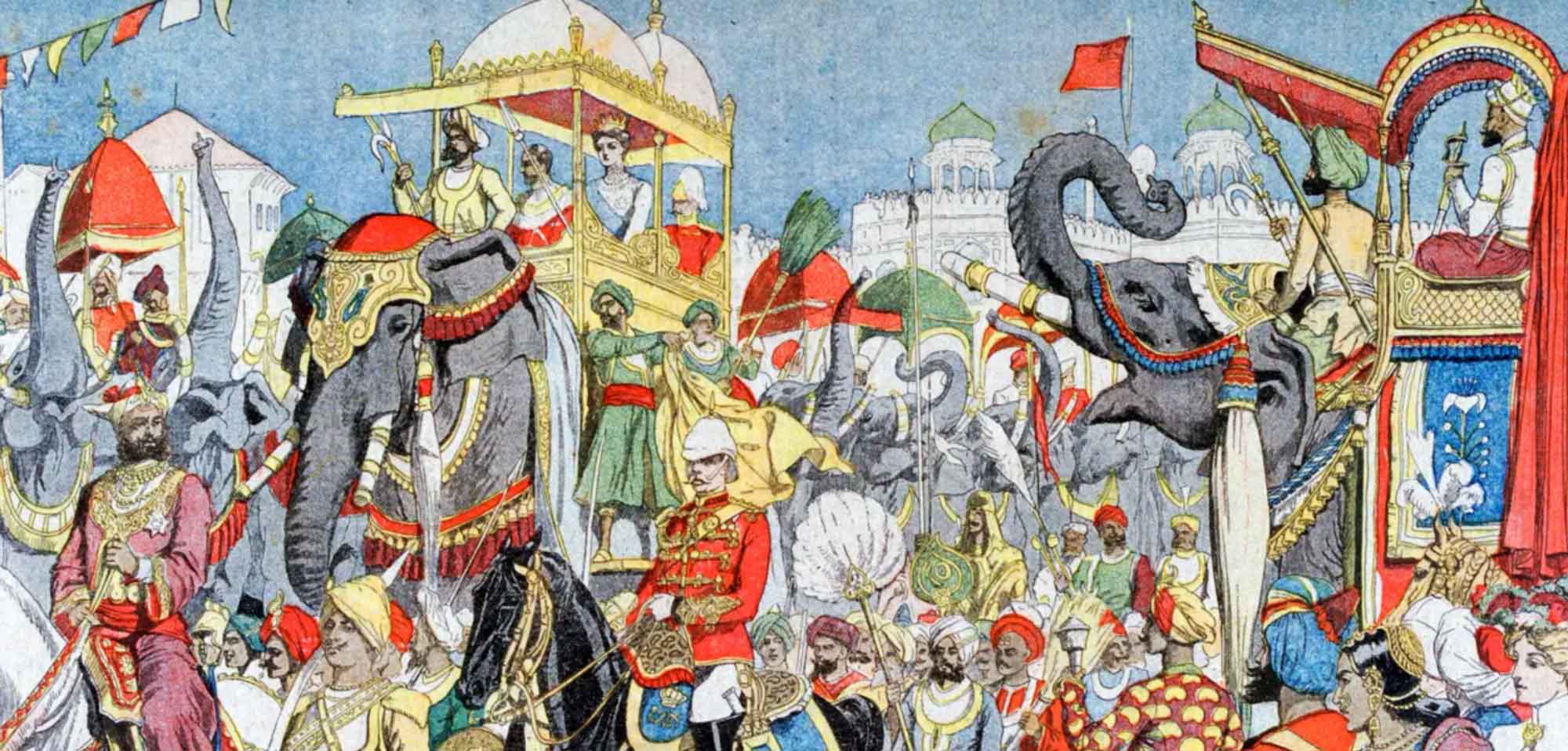Overview
‘Gṛhastha Vaiṣṇava-digera Jīvanavṛtti (The Livelihood of Householder Vaiṣṇavas)' was first published in Sajjana Toṣaṇi, Vo.7, issues 1 and 2 in 1895. Herein Bhaktivinoda Ṭhākura discusses the proper occupational duties of householders, and especially those who are in government service. He also speaks against bribery and corruption in high office according to the teachings of Mahāprabhu.
(translated by Swami B.V. Giri)
Amongst both the householder and the renunciate, one who has pure bhakti to Kṛṣṇa is a Vaiṣṇava. The renunciate Vaiṣnava maintains his body by bhikṣā (begging alms). Householder Vaiṣṇavas lead their life according to the rules of varṇāśrama. All householders that do not follow varṇāśrama adopt a vocation according to their own natures and inclinations. Yajana (performing worship), yājana (teaching the method of worship), adhyāyana (studying the śāstra), adhyāpana (teaching the śāstra), dāna (giving charity) and pratigraha (receiving charity) – these are the six occupations that brāhmaṇa householders with a brahminical nature maintain their lives. A kṣatriya’s occupation is governance, war etc. Farming, cow protection, business etc. is the occupation of a vaiśya, and serving the other three varṇas is the occupation of a śūdra. Making money and maintaining one’s life by engaging in all these occupations is known as dharma. There are two types of government service – government service compatible for śūdras, and government service compatible for kṣatriyas. Those who serve the king by writing and reading during regular office hours for the administration of the state are performing the occupation of a kṣatriya. All such servitors of the king deserve to maintain their lives from a royal salary. Collecting money secretly is the conduct of a thief. This is of two kinds. One kind of theft is to take wealth out of the royal treasury which exceeds one’s salary. The second type of theft is to take a bribe from another person in the course of one’s duty. In this regard, Śrīman Mahāprabhu has given the following instruction:
rājāra vartana khāya, āra curi kare
rāja-daṇḍya haya sei śāstrera vicāre
(“One who collects taxes for the king and then steals them is subject to be punished by him. This is the verdict of the śāstra.”– Caitanya-caritāmṛta, Antya-līlā 9.90)
All the royal administrators that accept bribes, according to the opinion of the Lord, are punishable – therefore they are avaiṣṇava (not devotees). They must immediately give up this impious act. As far as living is concerned, a Vaiṣṇava should be satisfied with his salary. Those who agree to make regular payments to the king, benefit from the king’s wealth – such wealth is achieved by proper conduct. In this regard the Lord has said:
vyaya nā kariha kichu rājāra mūla-dhana
rājāra mūla-dhana diyā ye kichu labhya haya
sei dhana kariha nānā dharme-karme vyaya
asad-vyaya nā kariha yāte dui-loka yāya
(“Never spent any of the king’s wealth. After paying the king his revenue, whatever extra money is obtained should be spent for various religious activities. Do not spend money on vice, for by doing so, one will lose in this life and the next.”– Caitanya-caritāmṛta, Antya-līlā 9.142-144)
Those who receive a gross salary, and those who receive a special surplus of wealth, may maintain their family life by saving some money here and there. The money that is saved should be spent on good deeds. There are many disgusting practices such as consuming alcohol, eating meat, watching mundane dramas and the like, spending on useless litigation. and giving charity in unworthy recipients etc. Those who desire to become servants of Mahāprabhu will do good things with excess wealth, not bad things. Service to guests, feeding destitute persons, providing medicine and a proper diet to the sick, giving students an education, freeing poor people from the financial responsibility of marrying off their daughters – there is one particular good deed which is greater than all of these. That is spending for śri-bhagavat-sevā (service to Bhagavān) and śrī-bhāgavat-sevā (service to the devotees of Bhagavān). Who else can compare to such Vaiṣṇavas as the rich, pious persons that donated money for bhagavat-sevā in Śrī Māyāpura this year? To establish the day-to-day service of the Lord, it is the duty of all the householder Vaiṣṇavas to give some of their extra wealth. Mahātmās are, and will be, engaged in that work with bliss.













